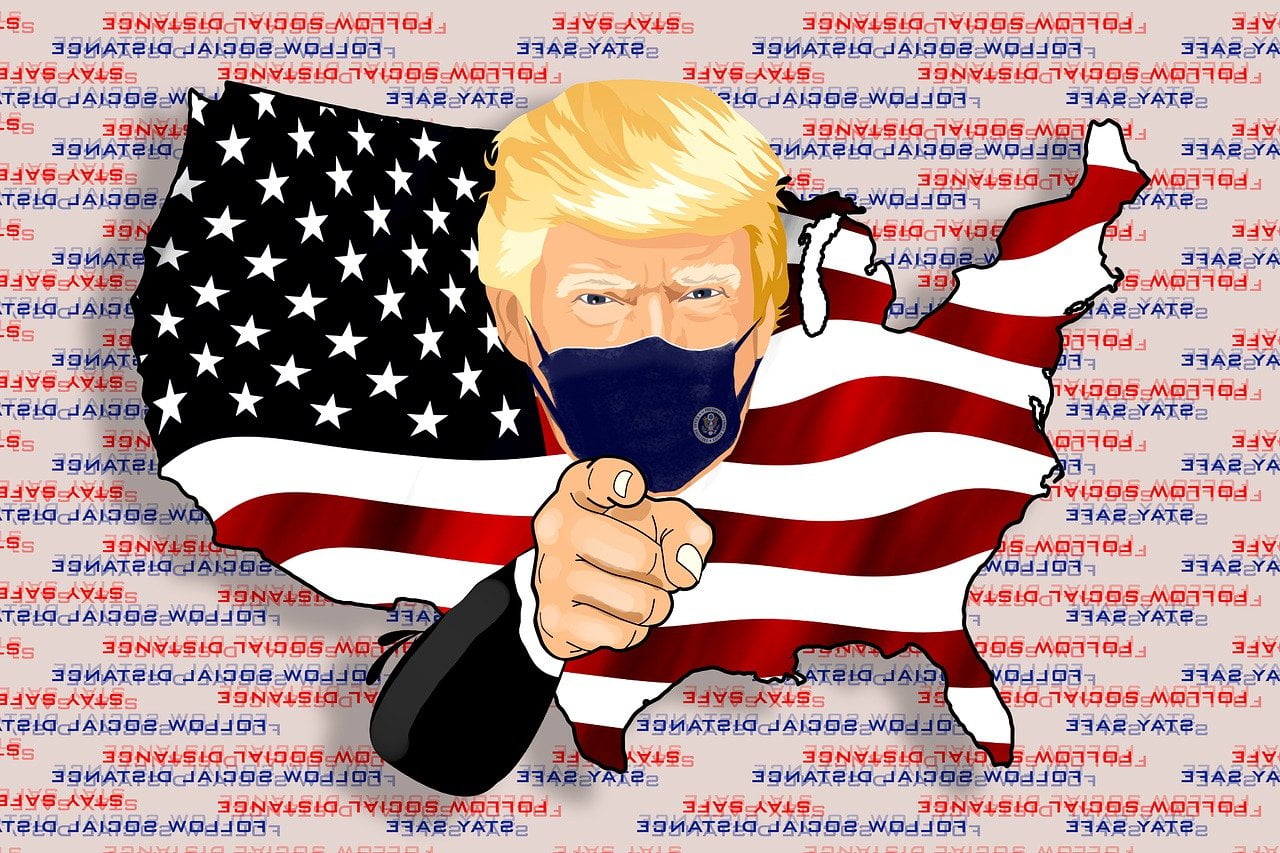Damning Evidence of Coup Attempt Submitted to Prosecutor; Draft Letter Clearly Shows and Establishes Trump‘s Criminal Intent
Q2 2021 hedge fund letters, conferences and more
New Evidence Of Coup Attempt
WASHINGTON, D.C. (August 4, 2021) - The law professor whose complaint triggered a criminal investigation of former President Donald Trump by the Fulton County prosecutor has just filed newly discovered evidence which he claims clearly shows Trump's criminal intent to violate Georgia's election laws.
Public interest law professor John Banzhaf has just filed with prosecutor Fani Willis a copy of the draft letter written by a key Justice Department attorney and Trump supporter seeking to have the agency intervene in the election in Georgia for the purpose of changing the outcome in the Electoral College - what many are labeling clear attempt to stage a coup.
The law was circulated by Jeffrey Clark, a top department official working with Trump to help overturn the election results. The draft letter stated, falsely, that Justice Department had identified "significant concerns that may have impacted of the outcome of the election in multiple States, including the State of Georgia." Clark also hope to have similar letters sent to other states also.
The draft letter was circulated to acting Attorney General Jeffrey Rosen and acting Deputy Attorney General Richard Donoghue. In circulating it, Clark said "I set it up for signature by the three of us. I think we should get it out as soon as possible . . . I see no valid downsides to sending out the letter."
Willis and her staff, are investigating - based upon a transcript of a telephone call submitted by Banzhaf - whether Trump's efforts to change the election results in Georgia were criminal in nature, and warrant prosecution under a "racketeering" act and other criminal statutes.
A key issue, said the law professor, is whether Trump acted with the required wrongful and criminal intent.
If this new letter doesn't establish that key issue beyond a reasonable doubt, it's hard to see what would, argues Professor Banzhaf.





